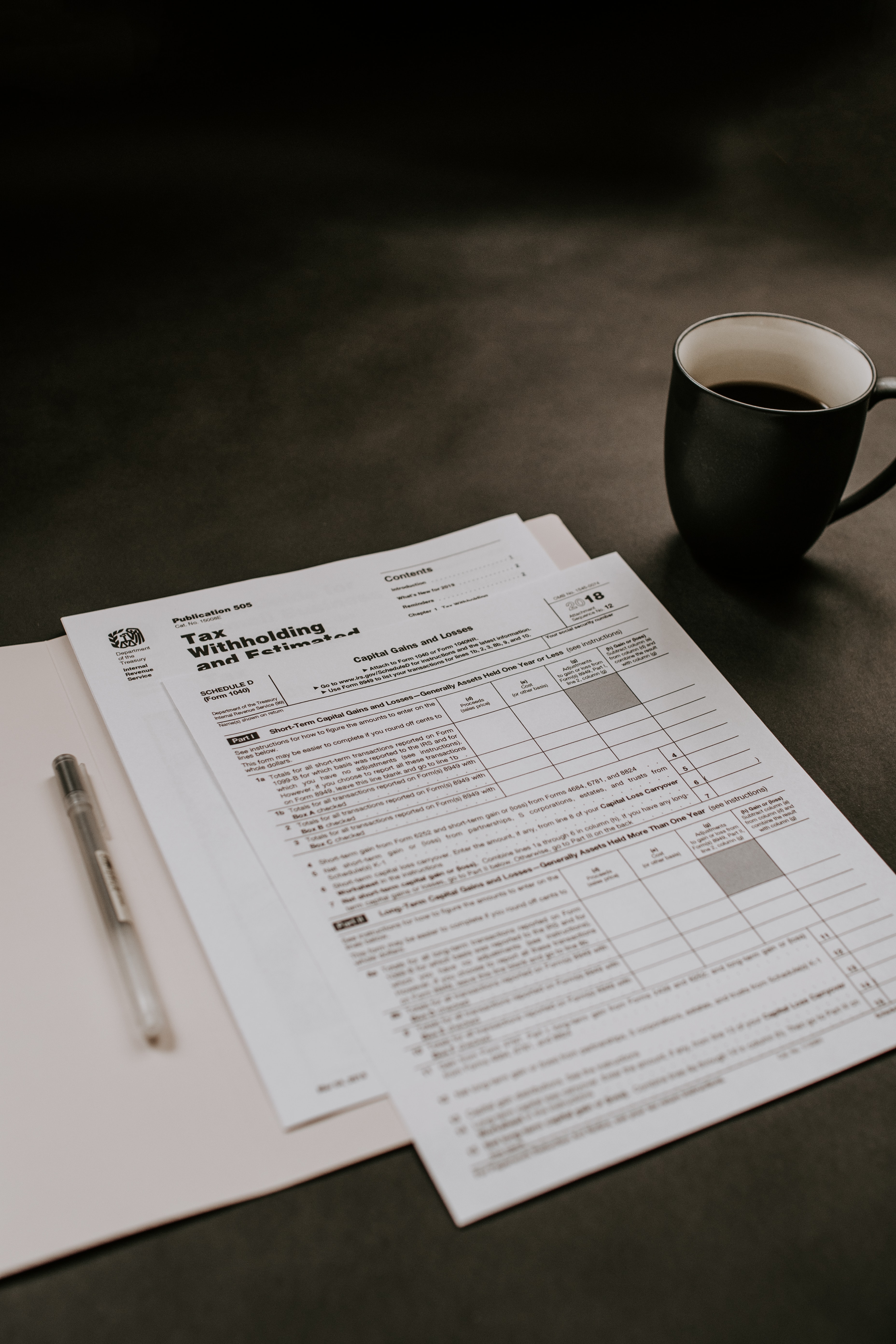
The Coronavirus Aid, Relief, and Economic Security (CARES) Act, a wide ranging fiscal relief package aimed at helping Americans confront the economic challenges brought on by the Covid-19 pandemic, contains a series of unprecedented maneuvers including the much discussed stimulus check provision and the Paycheck Protection Program (PPP). While these two features of the CARES Act have grabbed the most headlines, there were several other measures enacted to help individuals manage their finances in 2020.
One such provision is Section 2203(a) of the CARES Act which suspends/waives nearly all Required Minimum Distributions (RMDs) due in 2020. In other words, any owner or inherited beneficiary of a defined contribution retirement plan including IRAs, 401(k)s, 403(b)s and Thrift Savings Plans (TSPs) are exempt from having to take a required distribution in 2020. There are some small exclusions (defined benefit plan RMDs, non-governmental 457(b) plans) to this provision but they are outside the scope of this article.
This announcement carries a unique benefit for retirees who happened to turn 70.5 at some point in 2019. Why? Because under normal circumstances those individuals would have had until April 1, 2020 to take their first RMD from their defined contribution plan. However, with the passage of the CARES Act that requirement along with their 2020 RMD went away thus delaying their first required distribution until 2021.
The CARES Act RMD provision also benefits non-spouse beneficiaries that have inherited an IRA or other retirement account. Normally those individuals would be required to take a distribution from the account but that too has been eliminated in 2020.
Given the timing of the CARES Act’s passage a number of Americans had already taken their 2020 RMDs before the law went into effect. Many of those individuals may be wondering if there is anything to be done about “undoing” that distribution since it is no longer required and avoiding it being treated as taxable income in 2020. The answer right now, given current IRS guidance, is somewhere between most likely and maybe. If you took your distribution after February 1st, 2020 it is more than likely that you can take advantage of the IRS’s expansion of the 60-day rollover rule where if you return the distribution to the same account or deposit it in another qualified retirement account by July 15th, it will not be included as part of 2020 gross income. If you took your RMD at some point in January 2020, current language from the IRS suggests that if you did not return the distribution before April 1st, that it will have to stay as is and be included in 2020 gross income. Additionally, inherited IRA beneficiaries have even less flexibility here as they are never eligible to do a rollover of a distribution. RMDs already taken in 2020 are clearly a case-by-case situation and should be re-visited with care.
Lastly, Section 2203 of the CARES Act will offer some unique financial planning opportunities in 2020 and we’ll be highlighting some of them in a post next week. Perhaps the most glaring opportunity for many will be to explore the idea of converting any 2020 IRA distributions to a ROTH IRA. To get a jumpstart on this concept, Chris Thomas shared his thoughts in a recent post.
If you are in a financial position where you do not need to take a distribution from your retirement or inherited retirement accounts, the passage of the CARES Act gives you the flexibility to skip that requirement in 2020 while also potentially opening up some planning opportunities. If however you depend on your retirement account distributions to live then you are free to proceed as if it’s any other year.
Written by Dave Olson, CIMA®